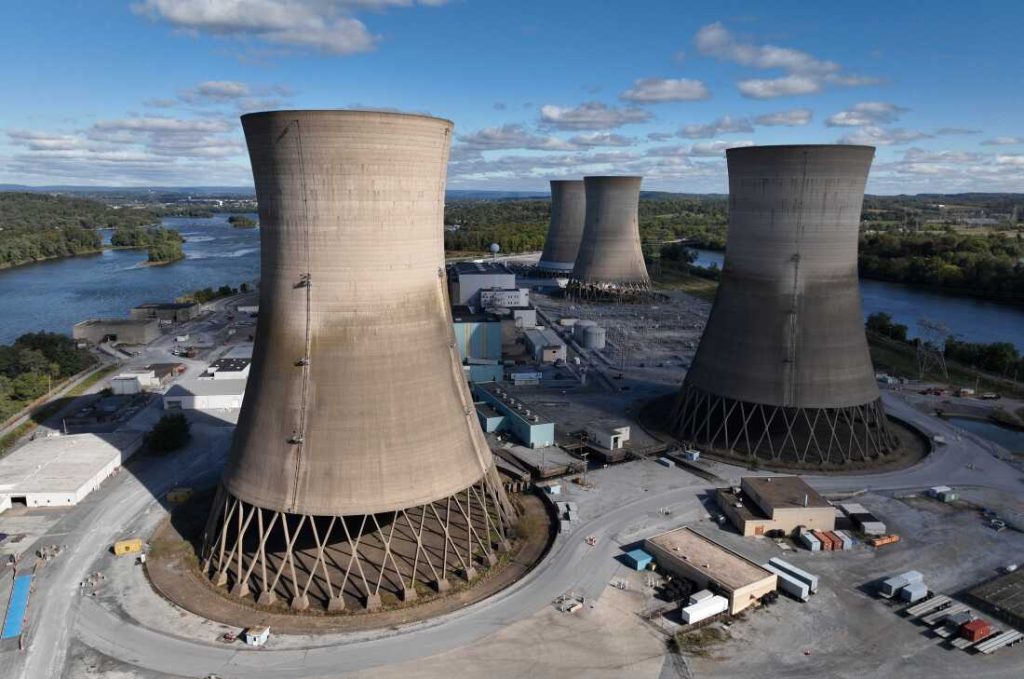Google has entered a partnership with nuclear energy developer Elementl Power to support the development of three advanced nuclear power plants across the United States, as the tech sector scrambles to secure reliable energy sources for the rapid expansion of AI technologies.
Announced on Wednesday, the deal will see Google provide early-stage funding for three nuclear projects, each expected to generate at least 600 megawatts of electricity—comparable to the output of a traditional large-scale power station.
With AI technology dramatically increasing electricity demands, the International Energy Agency (IEA) has projected that power usage by data centres could more than double by 2030. As a result, energy-intensive tech firms are seeking long-term solutions to ensure stability and sustainability in their operations.

Google’s Global Head of Data Center Energy, Amanda Peterson Corio, said the initiative reinforces the company’s commitment to enhancing grid reliability. She added that advanced nuclear energy offers 24/7 zero-carbon power, ideal for fuelling both AI operations and broader innovation in the United States.
The new projects will be developed in partnership with utility companies and regulated energy providers to determine suitable locations, the companies said in a joint statement.
Google is not the only tech firm turning to nuclear energy. Microsoft is planning to source power from new reactors at Three Mile Island, the infamous site of the US’s worst nuclear accident in 1979. Meanwhile, Amazon has already signed deals to power its data centres with nuclear energy and has also invested directly in Small Modular Reactor (SMR) technology, including a stake in the firm X-energy.
Elementl Power will lead the search for appropriate nuclear technologies and construction teams, as well as identifying fast-track locations for the projects.
Though nuclear power remains costly and politically sensitive, its ability to deliver constant, carbon-free electricity makes it an increasingly attractive option for tech firms managing ballooning energy demands. Google is also working with Kairos Power to develop experimental SMRs, aiming to have them operational by 2030.


 Trending
Trending 

